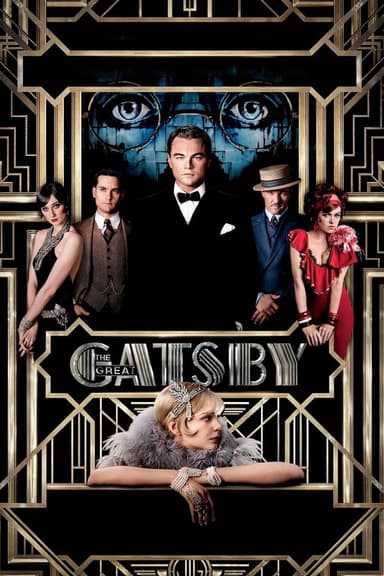
Random Passage
2002 • Drama, History
This award winning miniseries traces the difficult passage of young Mary Keane (Aoife McMahon) from servitude in Ireland to the squalor of rough-and-tumble Newfoundland in the early 1800s. Escaping attempted rape and abuse, Mary moves on with her infant daughter to find shelter at a remote fishing station run by Thomas Hutchings (Colm Meaney). In a time and place where life and death are a hair's breadth apart, Mary joins the community's struggle for survival against sickness and starvation. All of the Cape's people are fugitives of one kind or another, but by pulling together through hardships and tragedies, they forge a new life of hope - and even love.
Runtime: 6h
Why you should read the novels
Immerse yourself in Bernice Morgan's novels, where the intricacies of family, resilience, and survival come alive across generational lines. The books present not just the challenges of the past, but also the subtle joys, hopes, and disappointments woven through everyday existence.
By reading the source novels, you'll discover a deeper, more nuanced exploration of character motivations and historical context that are often only touched upon in cinematic adaptations. The raw texture and haunting beauty of Newfoundland’s landscape come through Morgan’s evocative prose, inviting readers to fully inhabit the world and minds of her characters.
The novels offer a richer, broader tapestry than the film, capturing unfiltered emotions, moral dilemmas, and rich inner monologues. With Morgan’s storytelling, you enjoy a journey that resonates long after turning the final page, rewarding the patience and imagination required by reading.
Adaptation differences
One key difference between the adaptation and the source novels lies in the scope of the narrative. The miniseries condenses significant timelines and skips over some backstories, resulting in a tighter, streamlined plot, but at the cost of diluting the generational depth present in the books. This can lead viewers to miss out on the broader historical context and intergenerational relationships that are vital to the novels’ emotional landscape.
The characters in the books are given much more space to develop. In the adaptation, character arcs are sometimes simplified or altered for dramatic effect—certain supporting characters are omitted, combined, or given different outcomes compared to their literary counterparts. As a result, some of the complex, slow-burn relationships and personal growth depicted in the novels are either truncated or omitted.
Another difference is the portrayal of setting and atmosphere. While the series visually captures the bleak beauty of Newfoundland, the novels go further in immersing readers into the community’s daily struggles and routines through detailed descriptions and inner dialogues. The subtleties of language, cultural context, and sensory experience in Morgan’s writing provide a richer and more vivid backdrop than what the screen can convey.
Additionally, the tone and themes of trauma, endurance, and identity evolve more gradually and profoundly in the books. The adaptation often emphasizes dramatic events over gradual transformation, and consequential moments can sometimes lose the impact built up over chapters of exposition in the novels. This alters how certain themes resonate and can change the audience’s interpretation of pivotal plot points.
Random Passage inspired from
Waiting for Time
by Bernice Morgan
Random Passage
by Bernice Morgan










